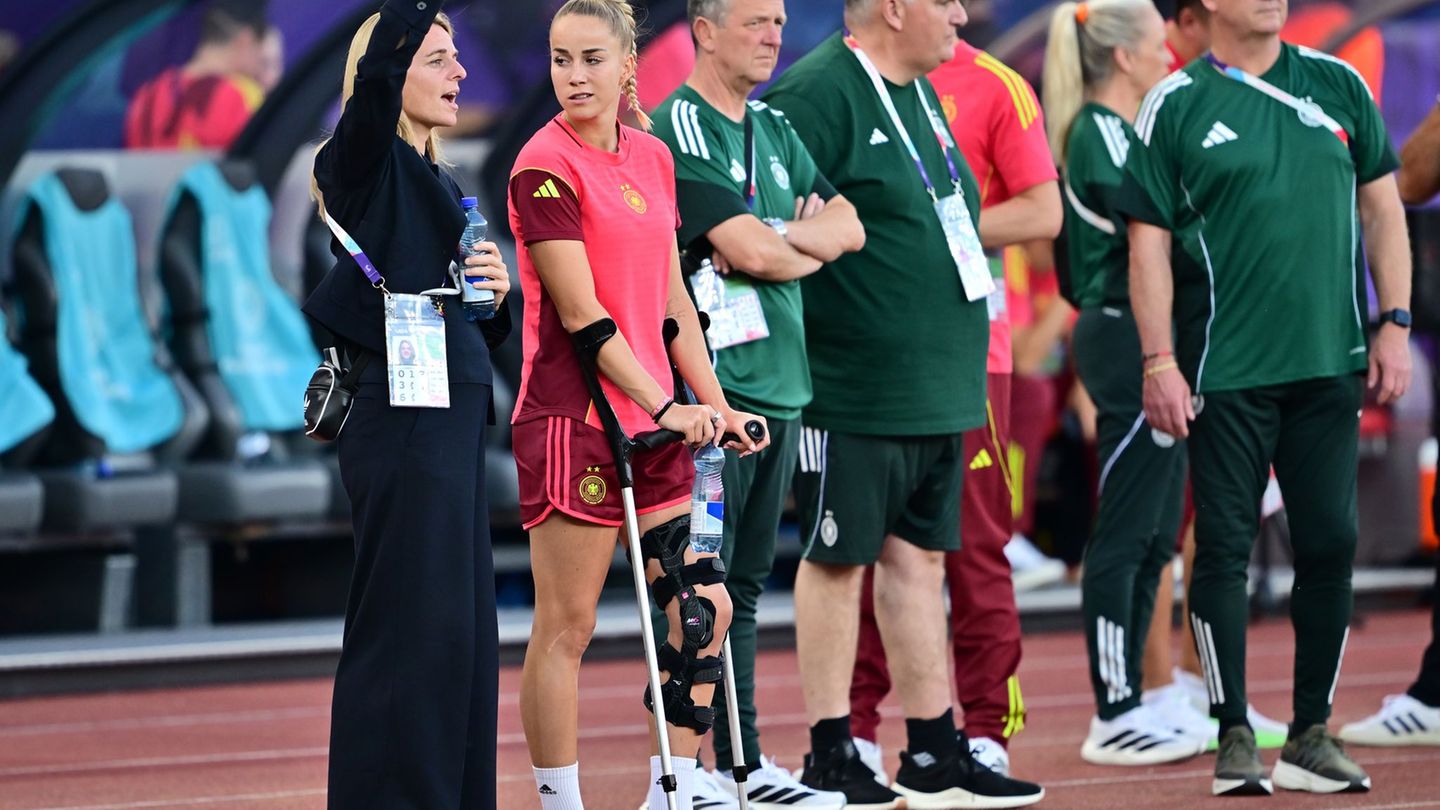Again, federal and local employees are on strike in connection with the wage dispute. This time it affects cities and communities in two federal states.
In North Rhine-Westphalia and Berlin, federal and municipal employees went on warning strikes again. In NRW, local public transport in Dortmund has been standing still since morning. The approximately 2,100 employees of DSW21 stopped work at the start of the service at 4 a.m., said Frank Fligge, press spokesman for DSW21. All buses and trains remained in the depot. The strike will last until the end of the day, just after midnight.
According to Verdi NRW, various warning strikes are also planned in a number of cities with a focus on the Ruhr area and Rhineland in the area of waste disposal. At 5 a.m. in the morning, employees at USB Bochum, Best Bottrop and Gelsendienst in Gelsenkirchen, among others, went on strike, said Verdi spokesman Oliver Kolberg. Garbage collection and street cleaning are affected. In Gelsenkirchen, employees of the Sparkasse, the city offices and the music theater have also stopped working.
There are also warning strikes in Berlin. Employees of the Berliner Stadtreinigung (BSR) should stop work on Thursday from 5.45 a.m. to midnight, as Verdi announced. Several BSR systems and landfills in the city are affected. According to Verdi department head Marcus Borck, the strikes should mean that garbage from the city cannot be picked up and transported to the farms again. A rally at a waste-to-energy plant is planned from 9:00 a.m. Borck spoke of a “very large willingness to strike in the company”. The employers’ offers in collective bargaining have so far been “completely inadequate,” it said.
Why is there a strike?
The background to the walkouts is the collective bargaining conflict in the public sector, which involves federal and local employees. Verdi and the civil servants’ association dbb are demanding 10.5 percent more income for the approximately 2.5 million employees nationwide, but at least 500 euros more per month. In the second round of negotiations, despite an offer from the employer, there was no rapprochement between the parties to the collective bargaining agreement. The third round of negotiations is scheduled for the end of March.
There had already been warning strikes in daycare centers and social institutions in almost all federal states on Wednesday – except for Berlin and Mecklenburg-Western Pomerania, where International Women’s Day is a public holiday. According to Verdi, 70,000 employees took part.
Source: Stern
I have been working in the news industry for over 6 years, first as a reporter and now as an editor. I have covered politics extensively, and my work has appeared in major newspapers and online news outlets around the world. In addition to my writing, I also contribute regularly to 24 Hours World.




